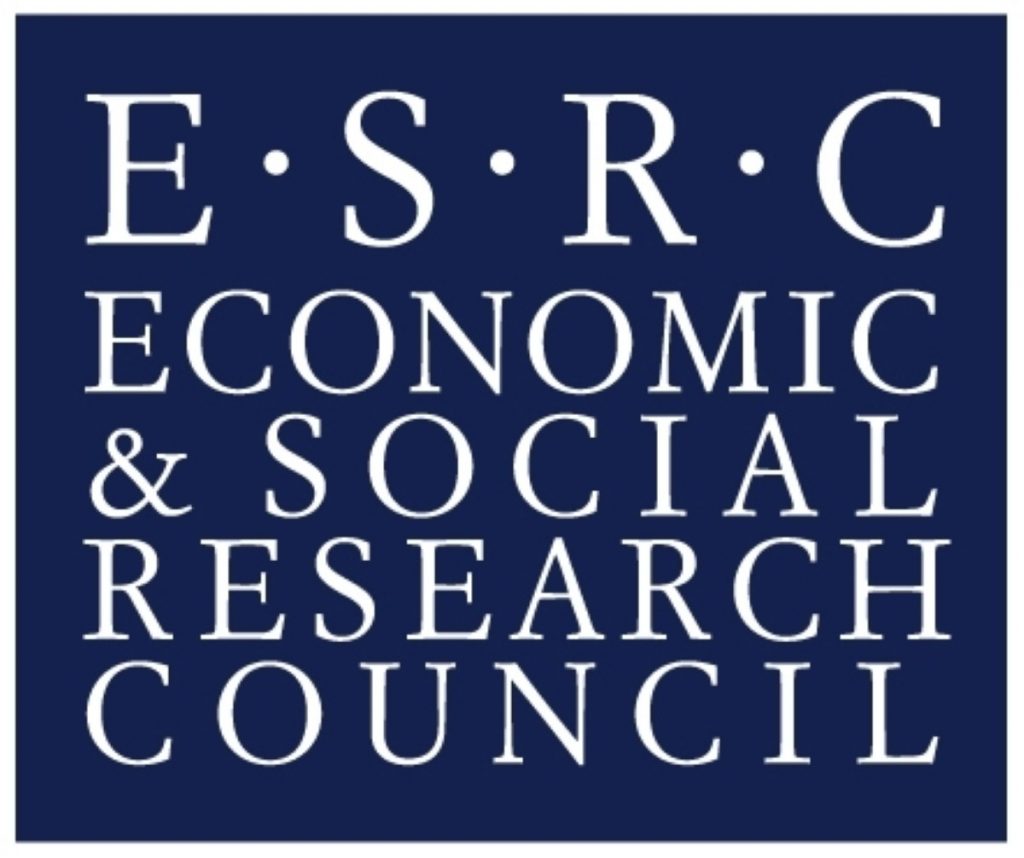ESRC: Young people lead the way in communities working together
As police and politicians seek fast-track solutions to the recent violence on the streets of England’s cities, student volunteers and teachers from the University of Central Lancashire (UCLan) have started a new project, ‘Global Youth Leaders’, which is part of a long-term programme using young people as mentors in deprived communities in Britain and abroad.
The project, which focuses on West Cumbria, will feature Culture Shock! workshops as part of the Economic and Social Research Council’s (ESRC) Festival of Social Science in October 2011. Martial arts classes, Asian dance, sari fittings, turban tying, curry cooking, stir-fries, baking naan bread – such events will enable a hundred young people from Whitehaven and Cleator Moor to connect with communities and cultures outside of their own.
The workshops will be run by student volunteers from UCLan’s Centre for Volunteering and Community Leadership, who have Pakistani, Indian, Bengali, Chinese and Caribbean backgrounds. They will be working with the young people while they discuss their cultures and identities while cooking, making crafts and playing sports.
“The value of this approach is the opportunities it provides for young people to mix with their equals and teachers from a diverse range of cultures and backgrounds. We have found it really effective in breaking down pre-conceived views and broadening knowledge and understanding.” says Dr Alethea Melling who heads the project.
Whitehaven and Cleator Moor are among the ten per cent of most deprived areas in England. They are also among the most divided. Teenage alcohol and drug misuse leads to problems of anti-social behaviour; there is also deep-rooted racism in these communities, which is increased by their isolation; and young people have little opportunity to explore other cultures or to interact with people from different social and ethnic backgrounds.
However, Dr Melling is confident that this project, which promotes intercultural connection through peer education, can offer a way forward. The Centre has a proven track record of working with people in deprived communities all over Britain, including with residents of Burnley after the disturbances in 2001.
“We have been increasingly aware that main sources of development for community champions are around ‘training’ or events whereby policy and practice is discussed in an uncritical manner,” concludes, Dr Melling. “Given the right support, young people have the genius and the dynamism to direct and effect positive change within their communities.”
Dr Melling and her colleagues are working with the North West Community Activist Network and other partners to set up an International Institute for Community Leadership. The IICL will provide an independent forum where community activists can work with academics to explore issues affecting them and to gain a critical knowledge of the theory that underpins governmental policy and practice.
For further information contact:
Dr Alethea Melling, MBE
Email: AMelling@uclan.ac.uk
Telephone 01772 893662, Mobile 07971988301
ESRC Press Office:
Danielle Moore
Email: danielle.moore@esrc.ac.uk
Telephone 01793 413122
Jeanine Woolley
Email: jeanine.woolley@esrc.ac.uk
Telephone 01793 413119
NOTES FOR EDITORS
1. Culture Shock!
Organiser: Dr Alethea Melling, MBE, UClan Centre for Volunteering and Community Leadership
Date: 29 October 2011 10.00-16.00
Audience: Suitable for young people
Venue: West Lakes Campus, Whitehaven, Cumbria
For more information: Culture Shock!
2. The Centre for Volunteering and Community Leadership works alongside a range of people in the community including students, volunteers and grassroots groups. Over the past 10 years the Centre has built a number of networks and partnerships working with others to support and champion the work within communities. The Centre's ethos is "Empowering people for positive change". Today, the Centre is at the cutting edge of youth led community cohesion and is cited as best practice in numerous publications, including the recent Governmental report, Our Shared Future. It has a partnership network of over 250 local schools and community organisations as well as a number of international partners.
3. The Festival of Social Science is run by the Economic and Social Research Council which runs from 29 October to 5 November 2011. With events from some of the country's leading social scientists, the festival celebrates the very best of British Social Science research and how it influences our social, economic and political lives – both now and in the future. This year’s Festival of Social Science has over 130 creative and exciting events aimed at encouraging businesses, charities, government agencies; and schools or college students to discuss, discover and debate topical social science issues. Press releases detailing some of the varied events are available at the Festival website. You can now follow updates from the Festival on twitter using #esrcfestival
4. The Economic and Social Research Council (ESRC) is the UK's largest organisation for funding research on economic and social issues. It supports independent, high quality research which has an impact on business, the public sector and the third sector. The ESRC’s total budget for 2011/12 is £203 million. At any one time the ESRC supports over 4,000 researchers and postgraduate students in academic institutions and independent research institutes. More at www.esrc.ac.uk
Kind Regards
Jeanine Woolley
ESRC
Communications Manager
Communications Team
Polaris House, North Star Avenue
Swindon, SN2 1UJ
01793 413119





-01.png)